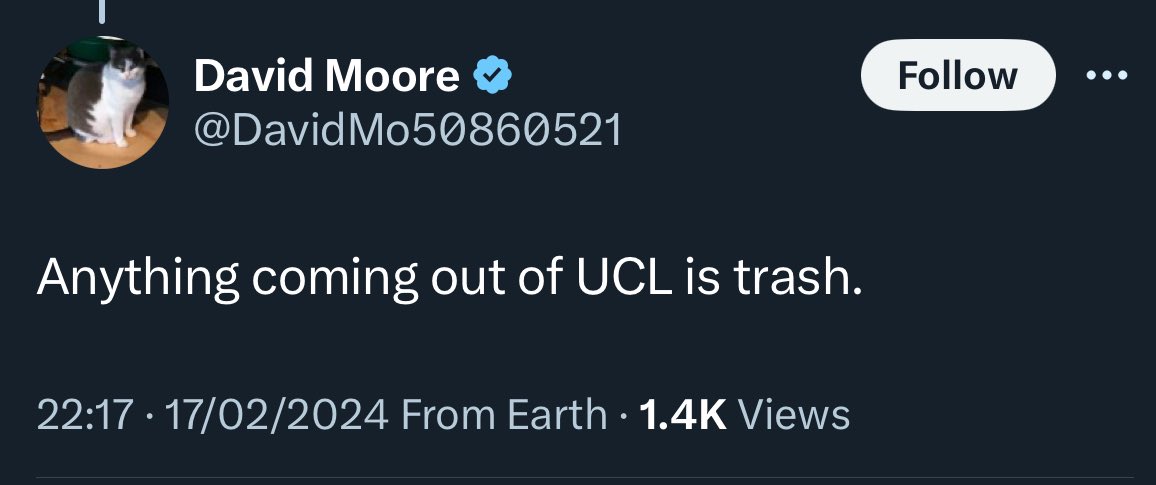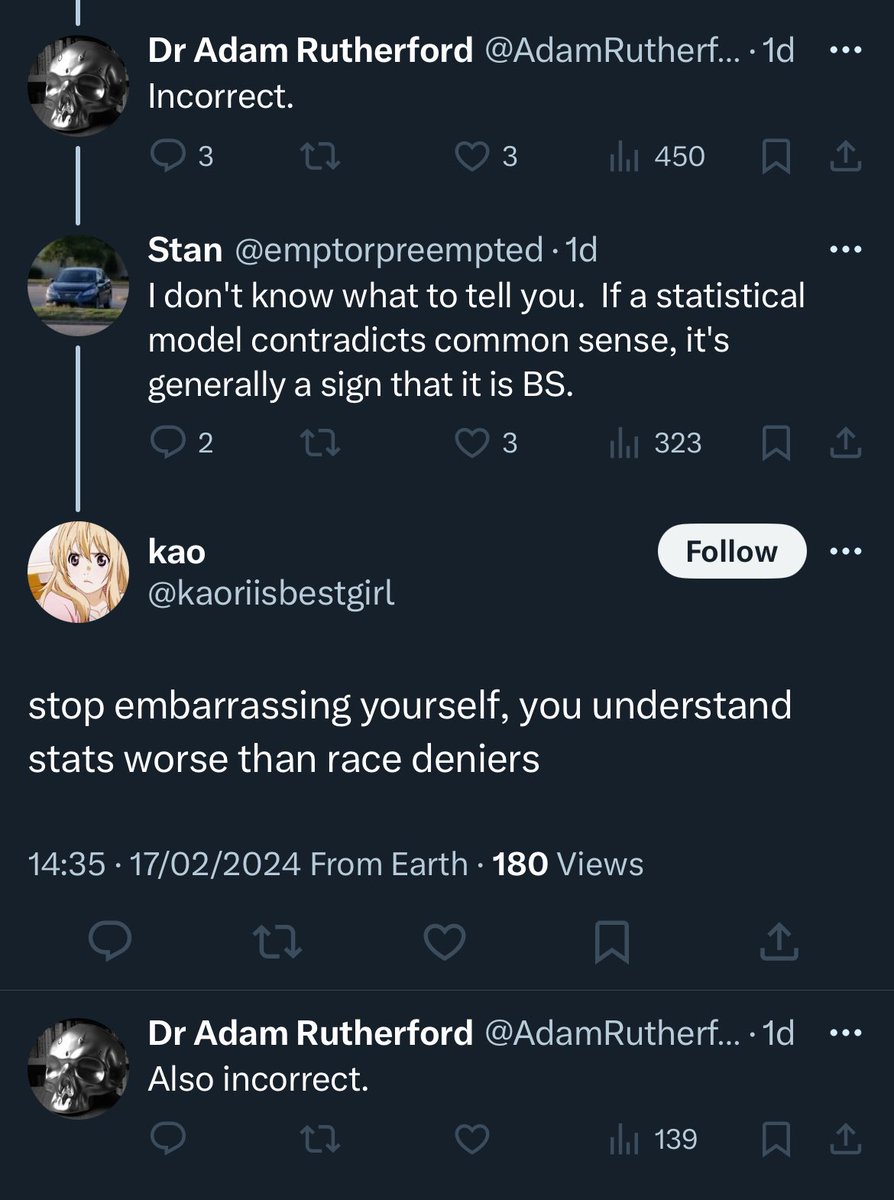Involuntary sterilisation is a key part of eugenics, and has occurred in the US in the last decade. This new policy is also eugenics.
theguardian.com/us-news/2020/s…
theguardian.com/us-news/2020/s…
The USA was always one of the most enthusiastic adopters of eugenics in the 20th Century. 31 states had official policies and somewhere between 60 and 80,000 people were sterilised, California being the most enthusiastic.
It seems the most incongruous policy in light of America's constitutional commitment to Life and Liberty, and the popular anti-abortion stance that so many conservatives hold.
But the US are far from alone in enacting 21st century concentration camp style eugenics. In 2010, China enacted the Iron Fist Campaign – compulsory sterilisation over the course of 3 months of 10,000 women who had more than one baby.
It is striking to me that while we, quite rightly, consider and remove the names of men who enthusiastically designed or supported eugenics from institutions, we continue to embrace countries that enact eugenics today.
the names Galton and Pearson are gone from UCL's buildings. RA Fisher and Flinders Petrie will likely follow.
Let these events be moments for us to learn and know our history, and consider our present and future. This not the erasure of history but its exposure.
Eugenics, population control, birth control, these are much broader concepts than the century of eugenics as named. How biology and society are intrinsically and inseparably entwined.
This will be the subject of my next book.
This will be the subject of my next book.
• • •
Missing some Tweet in this thread? You can try to
force a refresh













